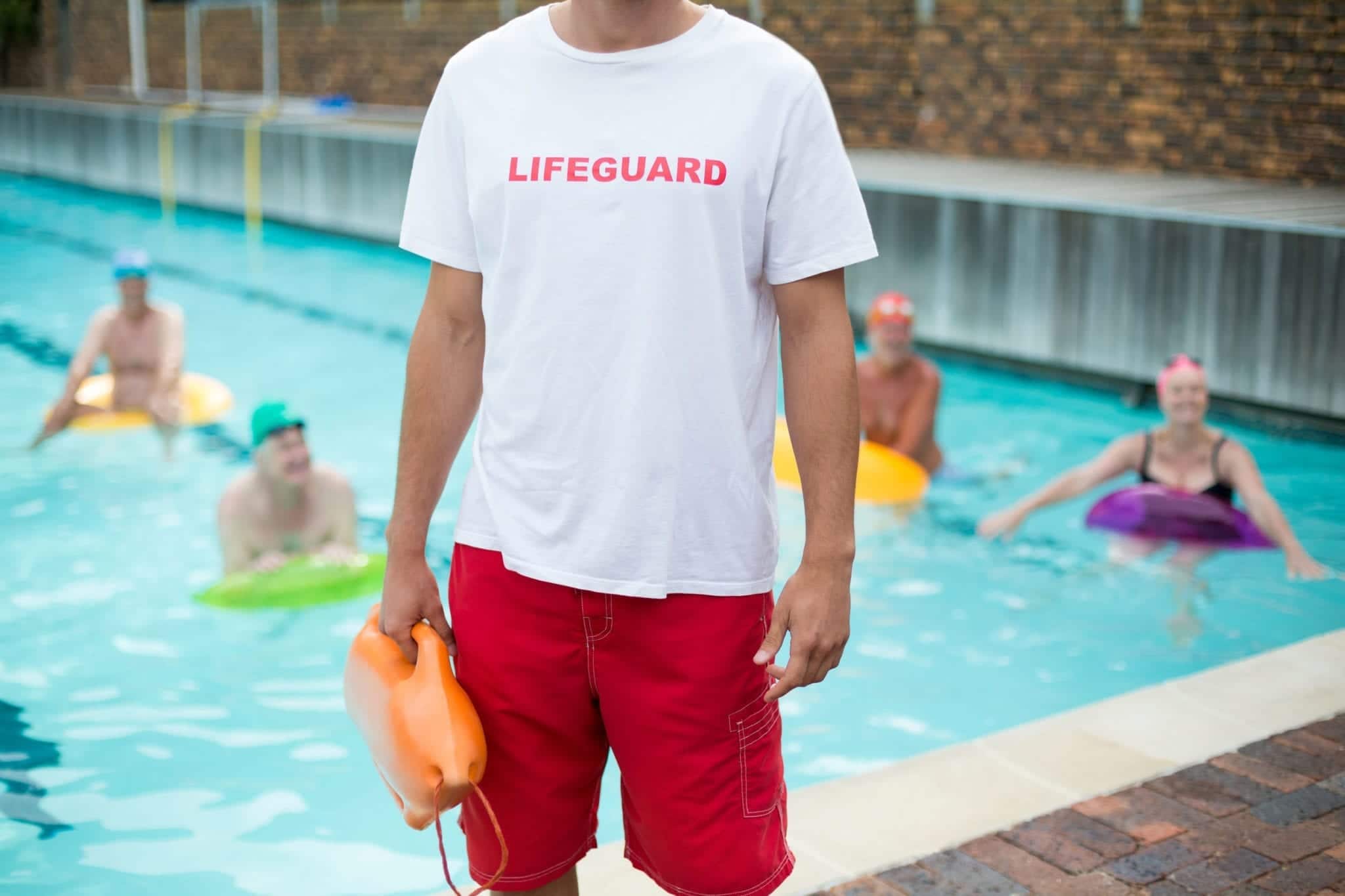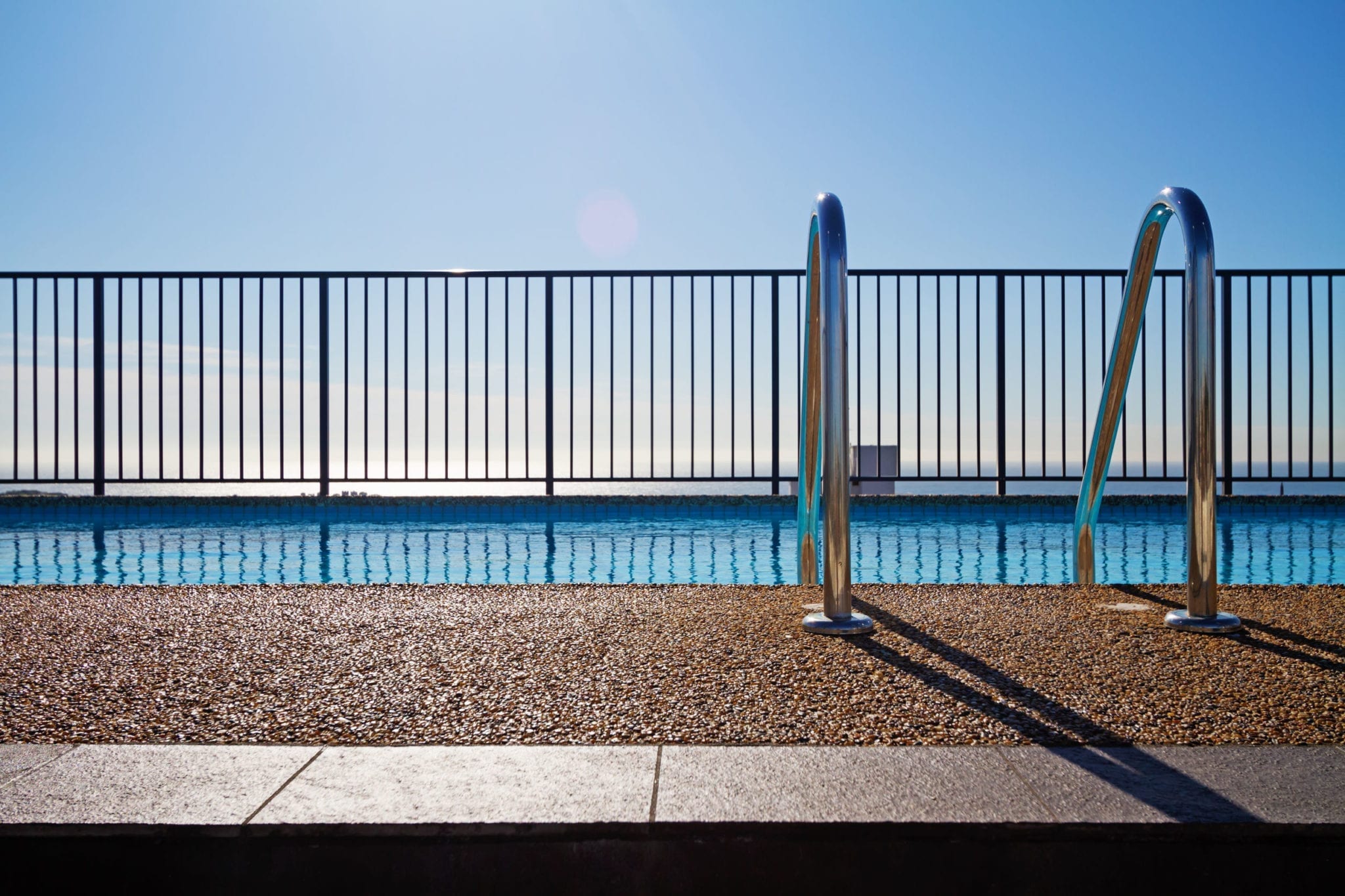Summer is almost upon us, meaning it will soon be time for families across Florida to hit the pool. Swimming is a great summer activity for children, but it’s also inherently dangerous.
Approximately 450 Florida residents die from drowning annually, many of whom are young kids in swimming pools. There are also approximately 300 annual hospitalizations for non-fatal drownings, and many other pool accidents, such as slips and falls, also result in serious or fatal injuries.
To avoid child pool injuries or drownings, pool owners must take certain safety precautions such as providing adequate pool maintenance, warning of hazards that are not readily apparent, and supervising any children using the pool. Failure to do these things is a form of negligence, and if it results in injury, pool owners can – and should – be held liable.
What to Do If Your Child Is Injured in a Florida Pool
If your child suffers a pool injury, the first step is of course to seek emergency medical attention to ensure your child’s safety. Call 911, and administer appropriate first aid until emergency responders arrive.
If your child is injured in someone else’s pool, remember that pool owners are under an obligation to ensure that the pool is safe for others to use – especially kids. If factors such as appropriate supervision or proper pool maintenance could have prevented your child’s pool injury, you may be able to hold the pool owner accountable.
Why is it so important to hold pool owners accountable for their negligent actions? First off, seeking damages through a personal injury lawsuit can help provide closure for your family and help with costly – and unexpected – expenses. At least as importantly, doing this could help prevent future child injuries. If pool owners are held accountable for their negligence, they are far more likely to take action to prevent future injuries to other children.
Florida Premise Liability Rules Usually Apply to Pool Injuries
A pool is considered to be part of the property it’s located on, meaning typical premises liability rules will apply in the event of a personal injury lawsuit. Premises liability rules are used to determine who (if anyone) is liable when an injury occurs on a specific property.
In Florida, premises liability recognizes three classes of people who can be injured, which includes trespassers, licensees, and invitees. Each class of entrant is owed a specific degree of care.
Generally speaking, however, the pool owner owes a duty of care to make the pool reasonably safe for anticipated use. This includes preventing such hazards as slippery surfaces, maintaining and repairing the pool, warning users of unanticipated hazards, and taking reasonable steps to prevent children from entering the pool unsupervised.
Public Pool Liability in Florida
The owner of a public pool owes the highest duty of care to invitees, defined as members of the public who are invited to use the pool.
The owner has a duty to maintain and repair the pool to prevent injuries to invitees, and to provide emergency safety equipment in the event of an injury. A public pool owner may also be held liable for lack of adequate supervision or lifeguards. If lack of proper pool maintenance, appropriate safety equipment or supervision causes an injury, this could be grounds for negligence.
Additionally, public pool owners are obligated to warn invitees of hidden dangers. For example, if the pool is too shallow for diving and this is not obvious to a reasonable person, the owner can be held liable for failure to warn if someone is injured while attempting to dive.
Private Pool Liability in Florida
By owning a pool, homeowners automatically assume a duty of care to both social guests (licensees), and to potential child trespassers. If breaches to this duty of care lead to pool injuries or drowning, the homeowner can be held liable.
The owner of a private pool has a duty to warn licensees of any dangers that would not be apparent to a reasonable person. For example, if the ladder of the pool is broken, the owner should warn licensees of this danger or, ideally, repair it.
Similarly, the owner of a private pool can be held liable for injuries to children invited to use the pool if they are not adequately supervised, or if there is no barrier to prevent children from entering the pool unsupervised.
Pool Injuries to Child Trespassers in Florida
In most cases, property owners are not liable for injuries to trespassers. However, under the attractive nuisance doctrine, pool owners are required to keep pools inaccessible to young children. The argument is that a young child will be drawn to the pool, and is unable to understand the danger of pool injuries and drowning. This makes it an attractive nuisance. Pool owners are therefore under a duty to prevent child access to the pool. For example, with a fence.
Has your child suffered a swimming pool injury? Do you believe that another’s negligence lead to the incident? If so, you owe it to your child, your family, and other kids and parents to hold the responsible parties accountable and hopefully prevent a similar incident from occurring again in the future.
Learn more about how by getting in touch with our office.
About the Author:
Andrew Winston is a partner at the personal injury law firm of Winston Law. For over 20 years, he has successfully represented countless people in all kinds of personal injury cases, with a particular focus on child injury, legal malpractice, and premises liability. He has been recognized for excellence in the representation of injured clients by admission to the Million Dollar Advocates Forum, is AV Preeminent Rated by the Martindale-Hubbell Law Directory, enjoys a 10.0 rating by AVVO as a Top Personal Injury Attorney, has been selected as a Florida “SuperLawyer” from 2011-2017 – an honor reserved for the top 5% of lawyers in the state – and was voted to Florida Trend’s ”Legal Elite” and as one of the Top 100 Lawyers in Florida and one of the Top 100 Lawyers in the Miami area for 2015, 2016, and 2017.
 Understanding How Mortuary Negligence Works in Florida
Understanding How Mortuary Negligence Works in Florida 


















